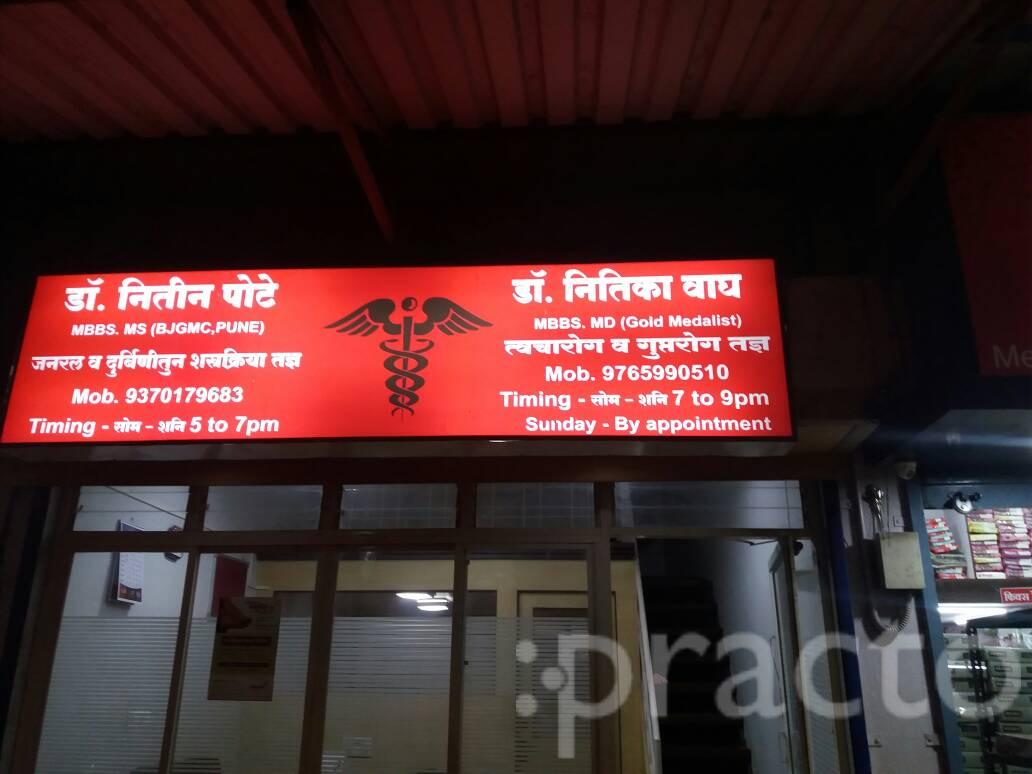
Contents
In this article we will look at:
- What is psoriasis?
- How does psoriasis occur?
- Who is prone to psoriasis?
- What are the causes of psoriasis?
- What are the symptoms of psoriasis?
- How is psoriasis diagnosed?
- What are the complications of psoriasis?
- What is the treatment of psoriasis?
You can click on any of the links above to navigate to the section of your interest.
What is psoriasis?
A persistent inflammatory skin disorder, psoriasis is characterized by red skin covered with whitish scales. This is a chronic disorder, in which, the skin cells multiply ten times faster than normal, causing a build-up of dead skin cells on the surface of the skin, that do not fall off, making the skin look scaly.
Psoriasis is generally associated with many other health conditions, such as inflammatory bowel disease, cardiac diseases, type 2 diabetes, and psoriatic arthritis.
It usually affects the scalp, palms, elbows, knees, torso, and soles of the feet. A few rare types of psoriasis also affects the genital area, nails, and the mouth.
Psoriasis can be of several types such as:
- Psoriatic arthritis
- Plaque psoriasis
- Inverse psoriasis
- Guttate psoriasis
- Nail psoriasis
- Pustular psoriasis
- Erythrodermic psoriasis
How does psoriasis occur?
The skin cells that grow deep within our skin, gradually rise to the surface and eventually fall off as a part of our natural bodily cycle. The usual life cycle of a skin cell is one month. When psoriasis occurs, the cycle is hastened. The skin cells multiply ten times faster than normal, causing a build-up of dead skin cells on the surface of the skin that do not have the time to fall off, once they reach the surface causing a scaly look.
Who is prone to psoriasis?
People who can be prone to psoriasis include:
- people who have a family history of the disease
- people who are suffering from infections such as a cold, the flu, or pneumonia
- people who are stressed
- people who suffer from type 2 diabetes
- people who suffer from psoriatic arthritis
- people who suffer from cardiovascular disease
- people who suffer from high blood pressure
- people who suffer from Crohn's disease
- people who suffer from high cholesterol
- people who suffer from depression
- people who suffer from ulcerative colitis
- people who suffer from HIV, or other viral and bacterial diseases
- people who suffer from obesity
What are the causes of psoriasis?
The main causes of psoriasis include:
- stress
- injury to the skin (cuts, scrapes, bug bites, severe sunburns)
- infections such as a cold, the flu, or pneumonia
- certain medications (including lithium, antimalarials, quinidine, indomethacin)
- a malfunctioning immune system
- skin injury
- HIV
- obesity
What are the symptoms of psoriasis? How is psoriasis diagnosed?
The symptoms of psoriasis include:
- scaly reddish patches of skin
- dry and cracked skin prone to bleeding
- flaky skin
- itching and burning in the affected area
- soreness in the affected area
- joint stiffness
- discoloured, ridged and thickened nails
- swollen and stiff joints
Diagnosis
To diagnose psoriasis, the doctor will first ask you about your medical history (especially if there is any family history of psoriasis) and examine your skin, nails, and scalp.
In some cases, the doctor may advise you to undergo a skin biopsy. A local anesthetic will be applied onto your affected skin, and a small sample of the skin will be cut. The sample will be examined under a microscope to determine the type of psoriasis you have, and also rule out any other possible disorders.
What are the complications of psoriasis?
People with psoriasis are at a greater risk of suffering from:
- joint damage and a loss of function in some joints
- eye conditions such as conjunctivitis, blepharitis and uveitis
- type 2 diabetes
- cardiovascular disorders
- autoimmune disorders
- parkinson’s disease
- kidney disorders
- high blood pressure
- obesity
- digestive disorders
What is the treatment of psoriasis?
To treat psoriasis, your doctor may prescribe ointments and moisturizers to apply on the affected part of the skin. If the psoriasis is severe the doctor may prescribe phototherapy or light therapy which uses artificial ultraviolet A or ultraviolet B light in combination with medicines.
Oral medicines with injections may also be prescribed depending on the severity of the condition.
Patient Experiences


Questions answered by trusted doctors


Did you know?
12% people suffer from psoriasis everyday
In India approximately 12 % people suffer from psoriasis everyday.
Psoriasis more common among men
Psoriasis in India is twice more common in males than in females.
Psoriasis accounts for 2.3 of total dermatology patients
Psoriasis accounts for 2.3 per cent of the total dermatology outpatients at the hospitals in India.
Related videos
Related articles
Hepatitis B (HBV) is a potentially life-threatening liver infection caused by the hepatitis B virus. Know more about Hepatitis B, its causes, symptoms, treatment and other useful facts, links and videos on Health-Wiki | Practo
Scabies is an infestation of tiny mites called Sarcoptes scabiei in the outer layers of human skin. Know more about Scabies, its causes, symptoms, treatment and other useful facts, links and videos on Health-Wiki | Practo
Mumps is a contagious disease. Know more about the symptoms, treatment, virus and vaccine for mumps. Get information, videos and facts about mumps on Health-Wiki | Practo



We have many good homeopathic medicines for psoriasis to treat it completely from the root itself without any sideffects that are part of conventional medicines Please contact me directly or ask me at dramisha.com
Online consultation and medicines at your doorstep are also delivered nationally and internationally
Warm regards
Dr Amisha Mirchandani
09819 055014